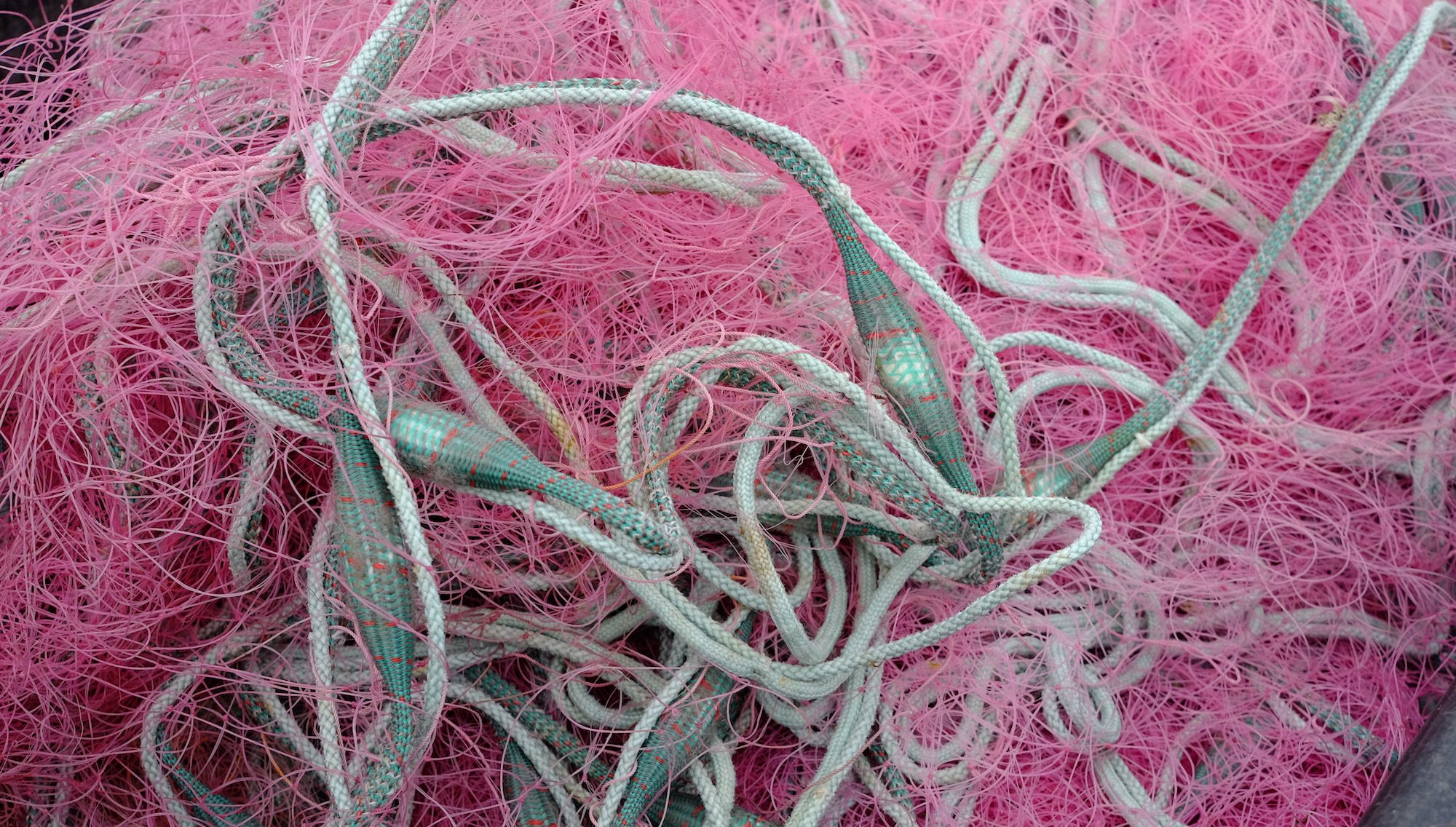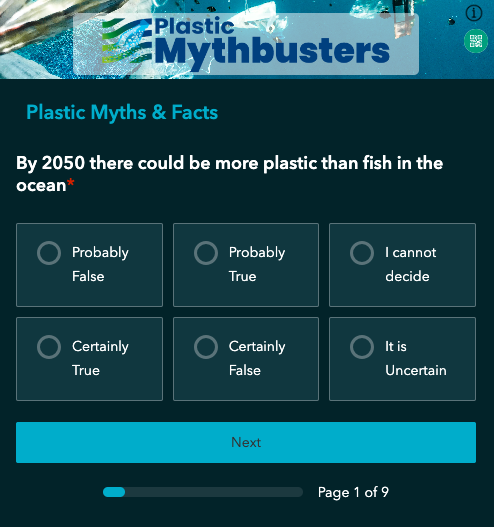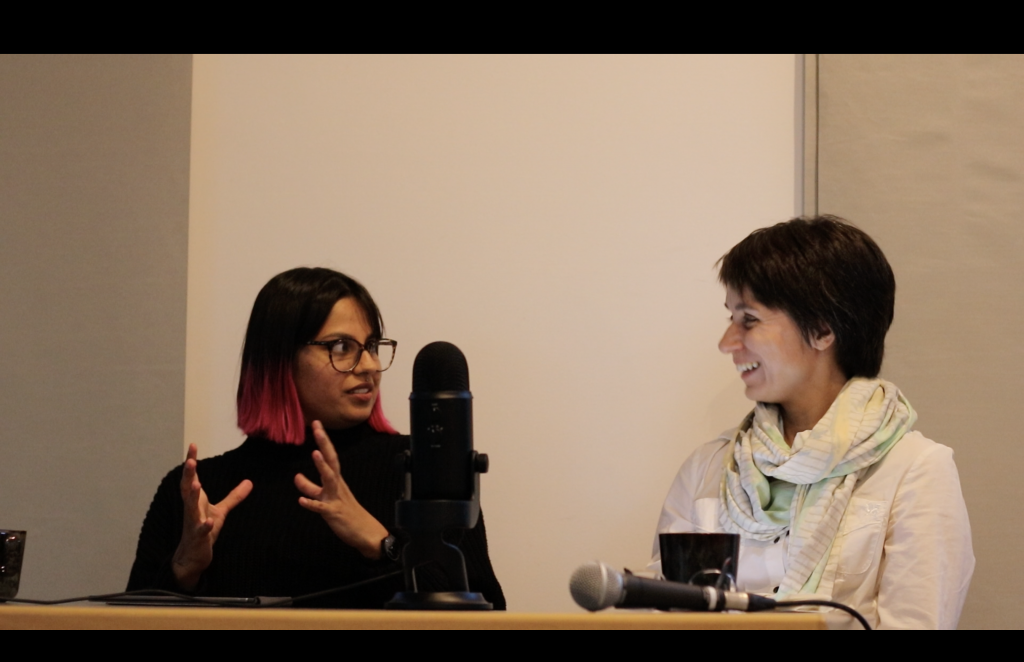How (Not) to Make a Plastics Treaty
This year, 2024, is the crucial year for the plastics treaty negotiations. If you haven’t heard about them, the United Nations are working on an international, legally binding agreement to end plastic pollution. It’s been called the most important environmental deal since the Paris climate accord. Many countries want it to be an ambitious agreement that covers the full lifecycle of plastics, from production to disposal. But some countries are not so keen on this, and they have held up the development of the treaty. How and why exactly did they do this, and is there still hope for a strong and effective international agreement? To explore this, Anja connected with Magnus Løvold, an expert in Peace and Conflict Studies, and advisor with Lex International and NAIL, the Norwegian Academy of International Law. In their three-part conversation, they dive deep into the diplomatic gyre.
#PlasticsTreaty Playlist
This is the playlist for all following the negotiations towards a global plastics treaty. It contains a series of conversations, features and shorts. The #PlasticsTreaty shorts bring you short, snackable input while the negotiations are ongoing. This is an interactive format – you can contribute too (more info here).
Guest & special episodes
Forever Chemicals (Teaser)
Hey There, it’s Anja. I just wanted to wish you a Happy World Environment Day! And I’ve got a treat for you. There’s a new podcast series I’ve been listening to the past weeks, that is really great – and I wanted to share it with you. It’s called Forever Chemicals, and it’s produced by Meg Carney and team at Black-Footed Ferret Productions. Here’s a little teaser:
Plastic Money – Turning Off the Subsidies Tap
In March 2024, negotiators and experts came together in Bellagio, Italy, for an exclusive meeting to discuss an essential topic: Plastic money. And we’re not talking about credit cards here, but the actual money we people around the world are paying for the production of plastics through our governments’ subsidies. I met with the organizers of the meeting, Ronald Steenblik of the Quaker United Nations Office QUNO and his colleague Andrés Naranjo, and Alexandra Harrington from Lancaster University Law School. She also chairs the Plastic Pollution Task Force of the IUCN World Commission on Environmental Law. Learn more from them about plastic subsidies in this episode!
Transcript Continue reading “Plastic Money – Turning Off the Subsidies Tap”
Transcript: How (not) to Make a Plastics Treaty – Part II: Drama and Delay
This is the second of three parts of the conversation. We take you back into each meeting of the treaty negotiations – INC-1 in Uruguay, INC-2 in France and INC-3 in Kenya. We’ll talk diplomacy and give you a better understanding of what’s going on on the international stage.
Transcript
Continue reading “Transcript: How (not) to Make a Plastics Treaty – Part II: Drama and Delay”
Transcript: How (Not) to Make a Plastics Treaty – Part I: Ambition in a Bracket
This is the first of three parts of the conversation. We take you back into each meeting of the treaty negotiations – INC-1 in Uruguay, INC-2 in France and INC-3 in Kenya. We’ll talk diplomacy and give you a better understanding of what’s going on on the international stage.
Continue reading “Transcript: How (Not) to Make a Plastics Treaty – Part I: Ambition in a Bracket”
#PlasticsTreaty Shorts: Waste Colonialism with Nirere Sadrach and Sharifa Ismail
#PlasticsTreaty Shorts: Production Caps and Moratoriums with Andrés Del Castillo
#PlasticsTreaty Shorts: The Planetary Boundary with Bethanie Carney Almroth
#PlasticsTreaty Shorts: Unknown chemicals with Walter Waldman
Join the Plastic Mythbusters!
What do you know about plastic pollution? Test your knowledge with the Plastic Mythbusters quiz on the Coastal Pollution Toolbox.
A project by Helmholtz Centre Hereon on the Coastal Pollution Toolbox, with Ahnen&Enkel, and the University of Strathclyde.
Can’t finish the quiz?
#PlasticsTreaty Shorts: Consumption Reduction with Kristian Syberg
#PlasticsTreaty Shorts: Three Principles with Chris Dixon
In German: SCHIRN mini-series
We dove into the PLASTIC WORLD – a world full of incredible possibilities, but also problematic side effects. Meet plastics experts from various disciplines in this three-part series in German language on the SCHIRN podcast, including art exhibition curator Martina Weinhart, soil ecologist Matthias Rillig, deep-sea ecologist Melanie Bergmann, eco toxicologist Martin Wagner and political scientist Per-Olof Busch. They present important insights into the current discourse on plastics in science, the art world, and politics.
Realized by SCHIRN MAG and Ahnen&Enkel – where I work now. With illustrations by Moritz Wienert.
Plastic Overshoot Day
Ep. 13 – Demands for the Plastic Treaty: Science over Profit
On March 2, 2022, countries from around the world agreed to establish a global treaty to end plastic pollution. After the first meetings in Senegal and Uruguay, the discussions around the treaty are in full swing. Next, the country’s representatives are heading to Paris, France, in May 2023. They’ll meet for the second session of the INC, the Intergovernmental Negotiating Committee, which is the forum where the treaty is debated. After that, three more of these INC meetings are scheduled. If all goes well, the diplomats could agree on the plastics treaty at the final conference in the summer of 2025.
So that’s the rough timeline – pretty ambitious, compared to how slow politics often move. But speed isn’t everything. How will the delegates make sure to actually get a treaty that tackles plastic pollution effectively, and in a fair way? Who gets a seat at the negotiating table, and who doesn’t? And what does the treaty need to contain and cover? In the past months, Anja asked scientists and experts to send her their thoughts and demands. In this episode, you’ll get to hear messages from Richard Thompson, Bethany Carney Almroth, Sonia Dias, Tridibesh Dey, Martin Wagner, Trisia Farrelly, Rebecca Altman and Lesley Henderson. Continue reading “Ep. 13 – Demands for the Plastic Treaty: Science over Profit”
Listening Session
Baldeep Kaur is a doctoral fellow at the University of Potsdam, studying the afterlives of discarded colonial technologies. Last November, they invited Plastisphere creator Anja Krieger to a live listening session at the Minor Cosmopolitan Assembly, an event organized by the research training group with the same name. Together with the audience, Baldeep and Anja listened to and discussed short excerpts from the podcast’s episodes, each highlighting a different dimension of human relationships with plastics at various stages of their life-cycles. Hear more about the production process and behind-the-scenes research stories from both sides, that of the podcast producer and that of the listener.
The Indisposable Podcast – Reuse and Justice
A new guest episode to inspire your ears, mind and heart, kindly shared by Upstream. Plastic pollution is not just a waste issue. It starts with production, continues during use, and in the end, a lot of it ends up dumped or in the environment. But the problems plastics cause from production to disposal are not distributed equally. They impact some communities more than others, especially those already at a disadvantage and with little political power. One of the people fighting this environmental injustice is Tiza Mafira. She’s a lawyer and environmental activist from Jakarta, Indonesia, and one of the heroes of the documentary “The Story of Plastic”. She recently met up with Matt Prindiville on The Indisposable Podcast, a show produced by Upstream, a US-based non-profit. Hope you enjoy their conversation as much as I did!
Continue reading “The Indisposable Podcast – Reuse and Justice”


